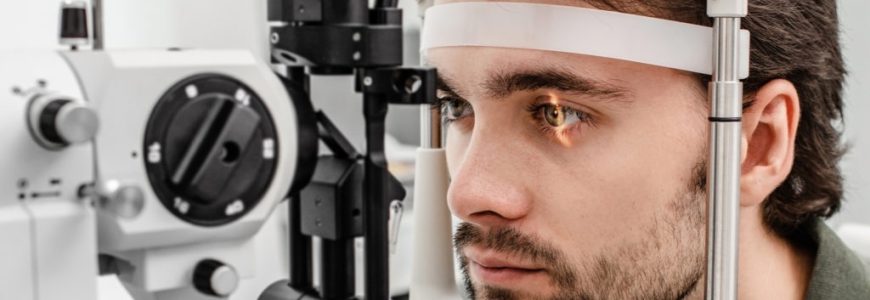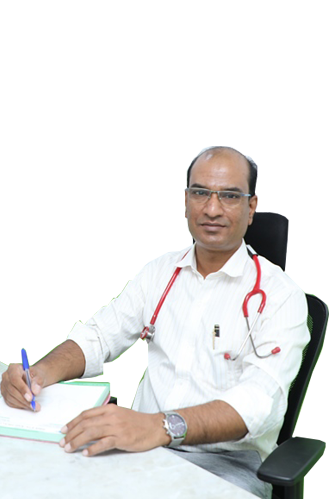Introduction
Welcome to the official website of Dr. Subathra’s RBS Eye and Health Clinic. We are dedicated to providing comprehensive eye care services to our patients. In this article, we will focus on the importance of regular eye examinations and how they contribute to maintaining optimal eye health.
Understanding Eye Examinations
What are Eye Examinations?
Eye examinations, also known as comprehensive eye exams, are thorough evaluations of the visual system performed by eye care professionals. These examinations assess various aspects of eye health, visual acuity, and overall vision quality.
The Importance of Eye Examinations
Regular eye examinations are essential for several reasons:
- Early Detection of Eye Conditions: Eye examinations can detect potential eye problems at an early stage, even before symptoms become apparent. Early detection allows for timely intervention and increases the chances of successful treatment and management.
- Vision Correction: Eye examinations determine the need for vision correction, such as glasses or contact lenses. Accurate and up-to-date prescriptions help individuals achieve clear and comfortable vision, enhancing their daily activities and quality of life.
- Monitoring Eye Health: Eye examinations enable eye care professionals to monitor the health of your eyes over time. Regular check-ups help detect any changes or signs of eye diseases, allowing for timely treatment and prevention of complications.
What to Expect During an Eye Examination
Medical History and Symptoms Assessment
During an eye examination, your eye care professional will review your medical history, including any previous eye conditions or surgeries. They will also inquire about any current symptoms or concerns you may have regarding your vision or eye health.
Visual Acuity Testing
Visual acuity testing measures the clarity of your vision. You will be asked to read letters or symbols from a standardized chart at various distances. This test helps determine if you need corrective lenses to improve your vision.
Refraction Testing
Refraction testing determines your precise eyeglass prescription. By using a series of lenses, your eye care professional will refine your vision to its clearest and sharpest state, ensuring optimal visual acuity.
Eye Health Evaluation
Your eye care professional will examine the various structures of your eyes, including the cornea, iris, lens, and retina. This evaluation may involve the use of specialized instruments and techniques to assess eye health and detect any abnormalities or signs of eye diseases.
Additional Tests
Depending on your specific needs and the professional judgment of your eye care provider, additional tests may be conducted. These tests can include tonometry (measuring eye pressure), visual field testing, and imaging tests to assess the health of the optic nerve and retina.
Frequently Asked Questions (FAQs)
FAQ 1: How often should I have an eye examination?
It is recommended to have a comprehensive eye examination at least once every two years. However, the frequency may vary depending on individual factors such as age, overall health, and existing eye conditions. Your eye care professional will advise you on the appropriate examination schedule.
FAQ 2: Can eye examinations detect conditions other than vision problems?
Yes, eye examinations can reveal signs of various systemic conditions such as diabetes, hypertension, and certain types of cancers. The eyes provide valuable insights into overall health, and regular examinations contribute to the early detection of these conditions.
FAQ 3: Are eye examinations covered by insurance?
Many insurance plans cover routine eye examinations, especially for preventive care. However, coverage may vary depending on your specific insurance provider and policy. It is advisable to check with your insurance company or our clinic’s staff to understand your coverage details.
FAQ 4: Do I need an eye examination if I have no vision problems?
Yes, even if you have no apparent vision problems, regular eye examinations are crucial for maintaining optimal eye health. Many eye conditions, including glaucoma and age-related macular degeneration, develop without noticeable symptoms in the early stages. Routine examinations ensure early detection and timely intervention, promoting long-term eye health.
FAQ 5: Can children have eye examinations?
Absolutely. Children should have their first comprehensive eye examination between the ages of 6 and 12 months. Regular eye examinations throughout childhood are vital for monitoring visual development and detecting any potential issues that may affect learning and overall well-being.
FAQ 6: How can I schedule an eye examination at Dr. Subathra’s RBS Eye and Health Clinic?
Scheduling an eye examination at our clinic is convenient. Simply visit our website or contact our clinic directly to book an appointment. Our friendly staff will assist you in finding a suitable date and time for your examination.
Conclusion
Regular eye examinations are fundamental for maintaining optimal eye health and detecting any potential vision problems or eye conditions. Dr. Subathra’s RBS Eye and Health Clinic is committed to providing comprehensive eye care services, including thorough eye examinations tailored to individual needs. Schedule your eye examination with us today and take proactive steps towards preserving your precious vision.


